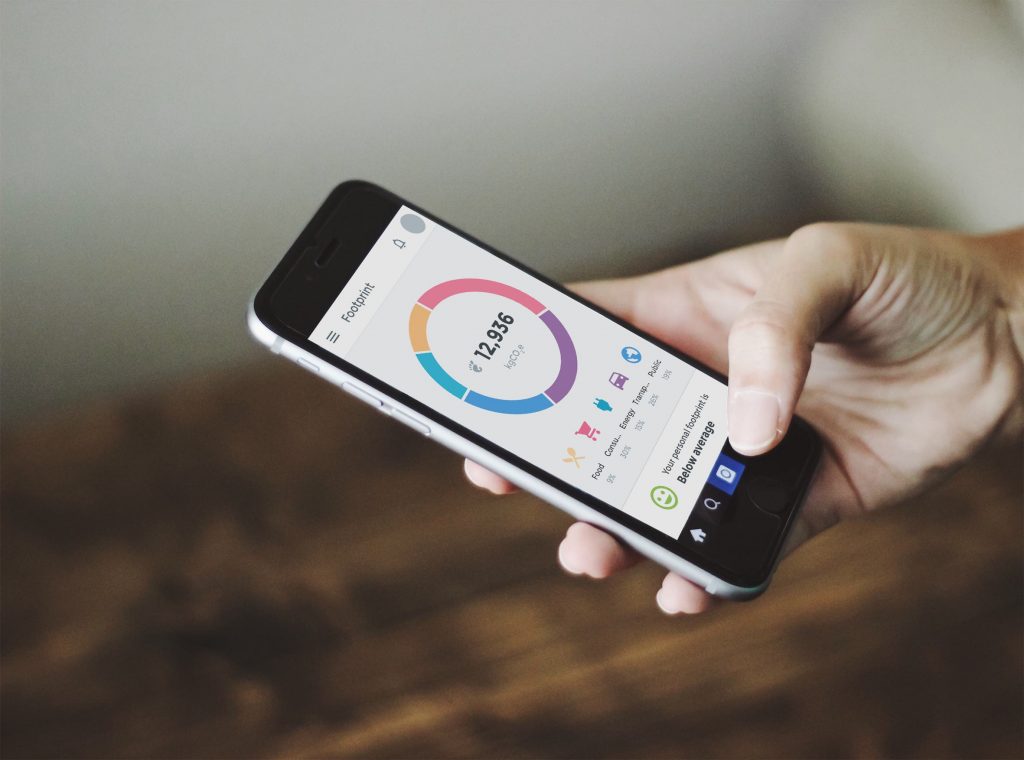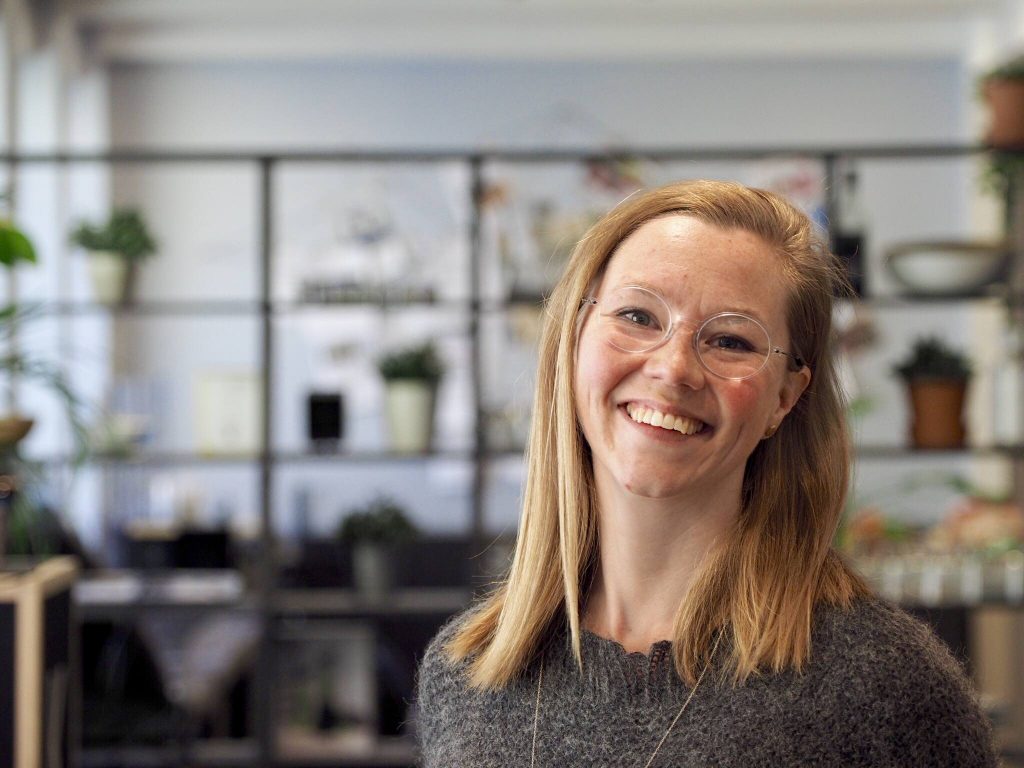Have you ever wondered if individual climate actions matter? And how you can contribute? Have you felt lost or overwhelmed in choosing the ‘right’ products or tools to help you go green?
These are some of the questions that inspired the founders to create Ducky. A Startup built with the mission to engage people to take sustainable action; And not only that, to make sure you have FUN along the way.
This week I spoke with Co-founder of Ducky Silje Solberg to hear about their exiting project and journey.


Who is Ducky?
Ducky is a software service built to engage people to take sustainable action.
“In Ducky we want to help businesses communicate and implement their sustainability strategies, and to engage their employees in the process. Through our products and services, we want to share knowledge of actions that have an impact.”
Sustainability competition
Silje explains that the core of their product is a time limited sustainability competition: A Climate Championship. Employees in an organization work in teams for a period of 3-4 weeks. During this time, participants register activities at work and at home in the categories: energy usage, consumption, food and transport.
It includes everything from cycling to work, eating vegetarian, to showering shorter. An advanced climate calculator shows how their behaviour affects their climate footprint. And participants are encouraged to measure their footprint before and after the competition.

Ducky in 5 words?
“Positive, engaging, collaboration, community-creator, challenging.”
The Team
“We’re an enthusiastic group from Trondheim that believe it’s important that we all contribute to the climate targets.”
Ducky was originally started by a group of 3 people: Silje Solberg, Johan Eilertsen and Mads Simonsen. The idea grew from an increasing personal engagement and a desire to do something. They all felt the challenge: alignment between their values and their jobs; the difficulties they had when wanting to find products not having a negative impact on health and the environment; the feeling that not enough was happening at political level.

Silje explains that the first thing they did was to go out on the streets of Trondheim with surveys to hear if people shared their frustrations.
The feedback they got was that people cared and wanted to do something. They teamed up with people from NTNU (Kjartan Steen-Olsen, from the Industrial Ecology Department) that worked with breaking down global emissions to individual emissions.
“An understanding of our individual climate emissions is important. We as consumers are the ones that decide what products are being produced. An understanding of the impact of our choices is necessary to affect our demand.
The second thing we did was to make a prototype. We got customer feedback. It was positive. We realized we were on to something.”

Silje highlights that Ducky is a social enterprise with a flat structure.
“With Ducky, we want a company where people can be themselves. Where employees have an intrinsic motivation to go to work. The way we structure ourselves is inspired by the book ‘Reinventing organizations’. We’re now a team of 13 very motivated people. And I believe our flat structure builds motivation in our team.
We collaborate with businesses, local and regional communities, schools, NGOs, and academia. Being a social enterprise, where all future profits go back to the purpose, facilitates this collaboration. We have collaborations with Christian Klöckner (NTNU) and Per Espen Stoknes on climate psychology and climate communication. We want to show opportunities for climate actions and make it relevant for everyone – not just those that already are engaged.”
Key milestones in your journey so far?
- “Landing a pre-project with Yara. We had finished a market study where we’d assessed the viability of our business model. The project with Yara allowed us to “dive-deep” into their challenges and see what their needs were. This really had us understand how difficult it is to be fit for the future as a company. Through this experience we developed the climate competition.
- When IKEA asked if we wanted to become a partner in their project “Start at Home”. The project enabled us to test our product in a real setting, on all of IKEA Norway’s employees. This gave us real insights into their challenges. But also, to the possibilities when engaging employees of such a big company. Delivering the tool completely bug free on top was a great milestone.
- Becoming part of the Impact Accelerator Katapult in February this year. This accelerator has been an incredible journey for us as a team and also business wise. We’ve gotten a lot of insights on: How to become more effective – enabling us to bring our product out to more people; How to measure progress; How to cooperate more; How to build routines; Getting ready for growth.
The 3 main ways Ducky contributes to the Paris Agreement/SDGs?
“We provide concrete activities for individuals, that contribute to 3 of the Sustainable Development Goals and the Paris Agreement:
“SDG 13 Climate Action – Enabling businesses to implement their strategies through engaging the employees; Helping companies build a culture where employees look for the good solutions.”
“SDG 12 Responsible Consumption and Production – Strengthening knowledge of individuals; Make individuals believe that their action matters; Raising awareness.”
“SDG 17 Partnerships for the Goals – Collaboration with regional communities, businesses and academia.”

“Paris Agreement – Raising awareness around sustainability; Showing how people can take climate action in their day to day (at work and at home); Aligning values of the individual and the company; Sustainability competitions in companies is a strong driver for engagement; And engagement is key to a company’s success.”
Where do you see Ducky in 2-5 years?
«As an important tool to help businesses implement their environmental strategies. As a promoter of the individual. Active in all the main continents.
We are currently active in the Norwegian market, using Norway as a test market. And we see the potential in other countries like Sweden, Denmark, and Germany. We’ve also gotten some traction from the US after being mentioned in Per Espen Stoknes’ TED talk which is a really interesting market, along with Canada.»
Upcoming Climate Championships
“In the coming months Trøndelag and Telemark County are running Climate Championships where over 30 high schools and 3000 pupils will participate. We are also in contact with several business and local communities that will arrange competitions engaging their inhabitants and employees.”
I wish all participants the best of luck! May the climate win…

